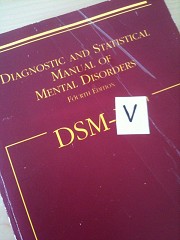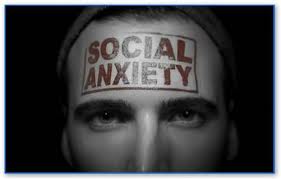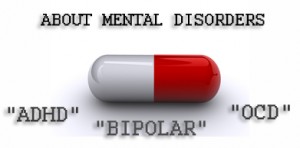“[The DSM] is wrong in principle, based as it is on redefining a whole range of understandable reactions to life circumstances as ‘illnesses,’ which then become a target for toxic medications heavily promoted by the pharmaceutical industry,” clinical psychologist Lucy Johnstone with a Health Board in Wales told Reuters. “The DSM project cannot be justified, in principle or in practice. It must be abandoned so that we can find more humane and effective ways of responding to mental distress.”
Countless other experts agree, according to recent news reports, with many questioning whether a private group of individuals who stand to benefit by creating more diseases should really be writing the manual in the first place. Among the most vocal critics of the new proposals is Duke University psychiatry Prof. Allen Frances, who told the New York Times that the overly broad and vague definitions would create more “false epidemics” and increase the “medicalization of everyday behavior.”





